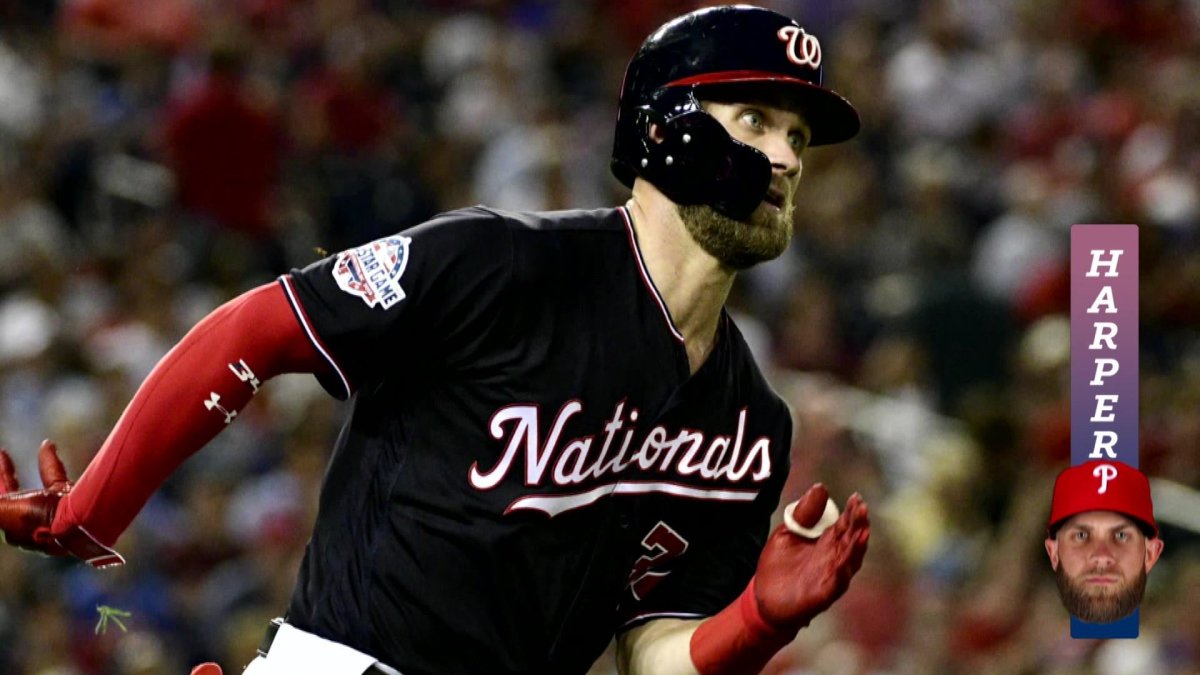
It feels like a totally different era at this point, but just three MLB offseasons ago, 13 players signed new contracts worth at least $70 million.
This offseason, there has been one: Patrick Corbin. Bryce Harper and Manny Machado will surely exceed $70M, and maybe Dallas Keuchel too, but that'll be it.
Most of those players three offseasons ago would not have found a comparable deal last offseason or this offseason. Have a look at this free-agent class leading into 2016:
• David Price: 7 years, $217M
• Zack Greinke: 6 years, $206.5M
• Jason Heyward: 8 years, $184M
• Chris Davis: 7 years, $161M
• Justin Upton: 6 years, $132.75M
• Johnny Cueto: 6 years, $130M
• Jordan Zimmermann: 5 years, $110M
• Jeff Samardzija: 5 years, $90M
• Wei-Yin Chen: 5 years, $80M
• Mike Leake: 5 years, $80M
• Yoenis Cespedes: 3 years, $75M
• Alex Gordon: 4 years, $72M
• Ian Kennedy: 5 years, $70M
That offseason is a good example (on top of many before it) of why teams have adjusted their spending philosophies. Of those 13 players, how many of the contracts were regrettable for the team?
I'd argue every single one except Price, and that's only because of how instrumental Price was in this past postseason's ALCS and World Series. Championships make it all worth it.
Every other player on that list has either been terribly disappointing (Davis, Heyward, Kennedy, Chen, Zimmermann, Gordon, Samardzija), mediocre, injured, or has been shopped because his team realizes it can't contend while paying that much money to one player. Greinke and Upton fall into that last category, with Upton already being dealt from the Tigers to the Angels and with the D-backs trying hard to move Greinke this offseason.
MLB
One of the interesting things about that offseason leading into 2016 is that four of the players who signed huge contracts were unsigned until late January. Davis, Upton, Chen and Cespedes all signed between Jan. 19 and Jan. 26. The obvious difference between this offseason and that one is that five players had already signed contracts of more than $100 million at that point.
The next year, the offseason heading into 2017, each of the top 10 free agents was signed by Jan. 10.
Last year, the offseason heading into 2018, Jake Arrieta (March 12), J.D. Martinez (Feb. 26), Eric Hosmer (Feb. 19) and Yu Darvish (Feb. 13) were unsigned at this point. The long, long waiting game still paid off for each player, with a post-prime Arrieta getting $75 million over three years, Martinez getting $110 million over five years with early opt-outs to allow him to go make more after 2019 and/or 2020, and Hosmer receiving $144 million over eight years from the Padres. Darvish's deal was six years, $126 million.
It seems like the Hosmers of the world will no longer be sniffing $144 million. He was a somewhat unique case because he was 27 years old, coming off a career year with a championship on his resume. That player wasn't available in free agency this year — Harper and Machado don't count because they're in a completely different tier. Production-wise, Hosmer is closer to an A.J. Pollock or Michael Brantley.
If Hosmer was a free agent this year, would he get even half of that total value? It seems more likely nowadays he'd sign for $64 million or so.
Baseball is cyclical. Spending is cyclical. Front-office philosophies are cyclical. Right now, teams are obsessed with playing the "value" game — getting solid major-league production from young players in their pre-arbitration years or during the arbitration process. Teams have seen too many examples of players making at least $15 million per year producing the same as a 24-year-old making the minimum.
That sucks for the players, and it's frustrating for the fans who just want to see their team spend and win, but would you be approaching it differently if you were in a front office? If you were the GM, the assistant GM, or the person signing the checks? It makes business sense for these front offices.
Fans don't pay to see GMs negotiate, they pay to see players play, so the frustration is completely justified. It just doesn't appear to be changing any time soon.
Unless ...
Unless teams begin realizing in a year or two that with so few of their competitors spending in free agency, an opportunity is being presented to add a lot of talent and separate yourself from the pack. If just one or two teams take that approach and win using that approach, maybe the cycle ends sooner rather than later.
Click here to download the MyTeams App by NBC Sports! Receive comprehensive coverage of your teams and stream the Flyers, Sixers and Phillies games easily on your device.